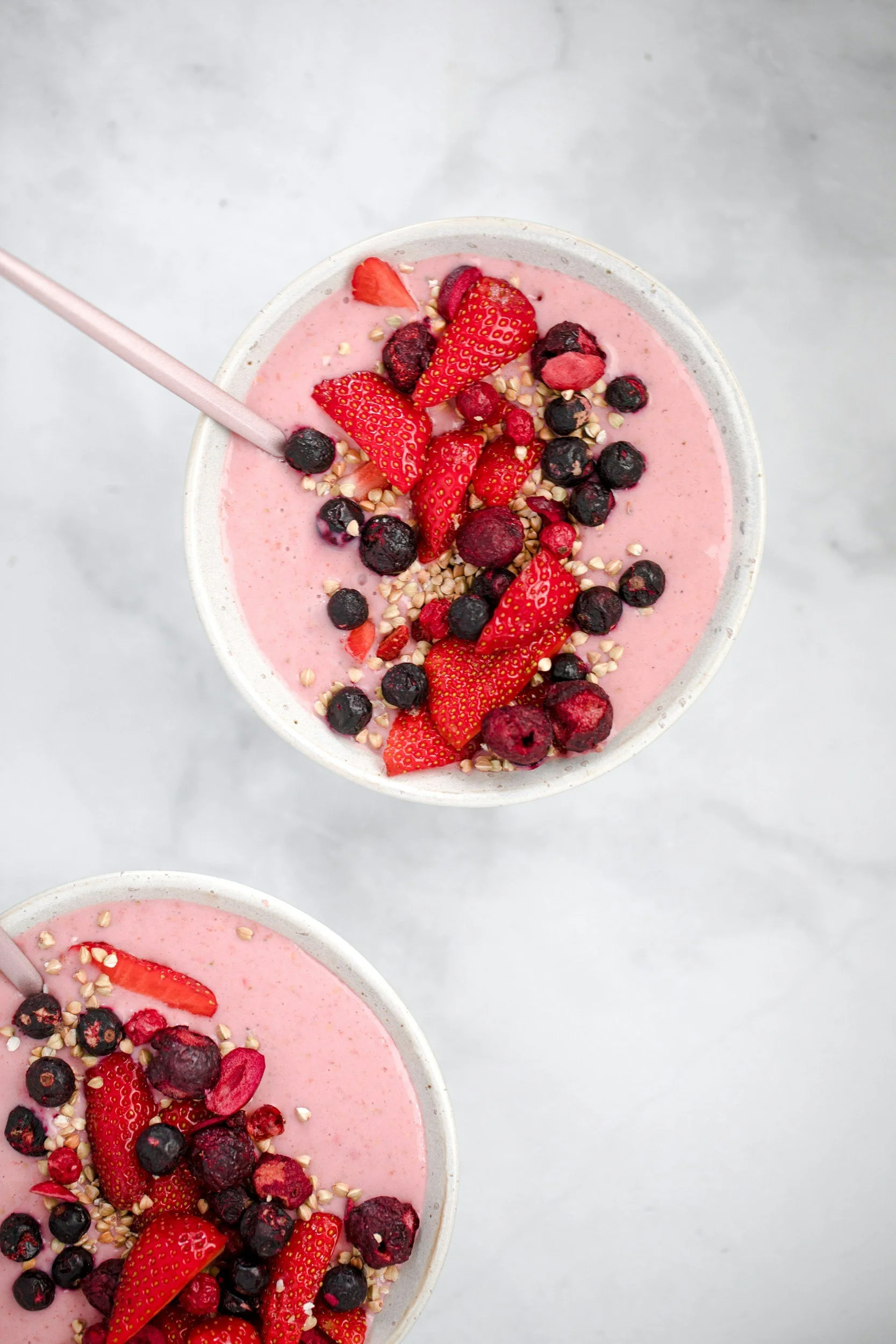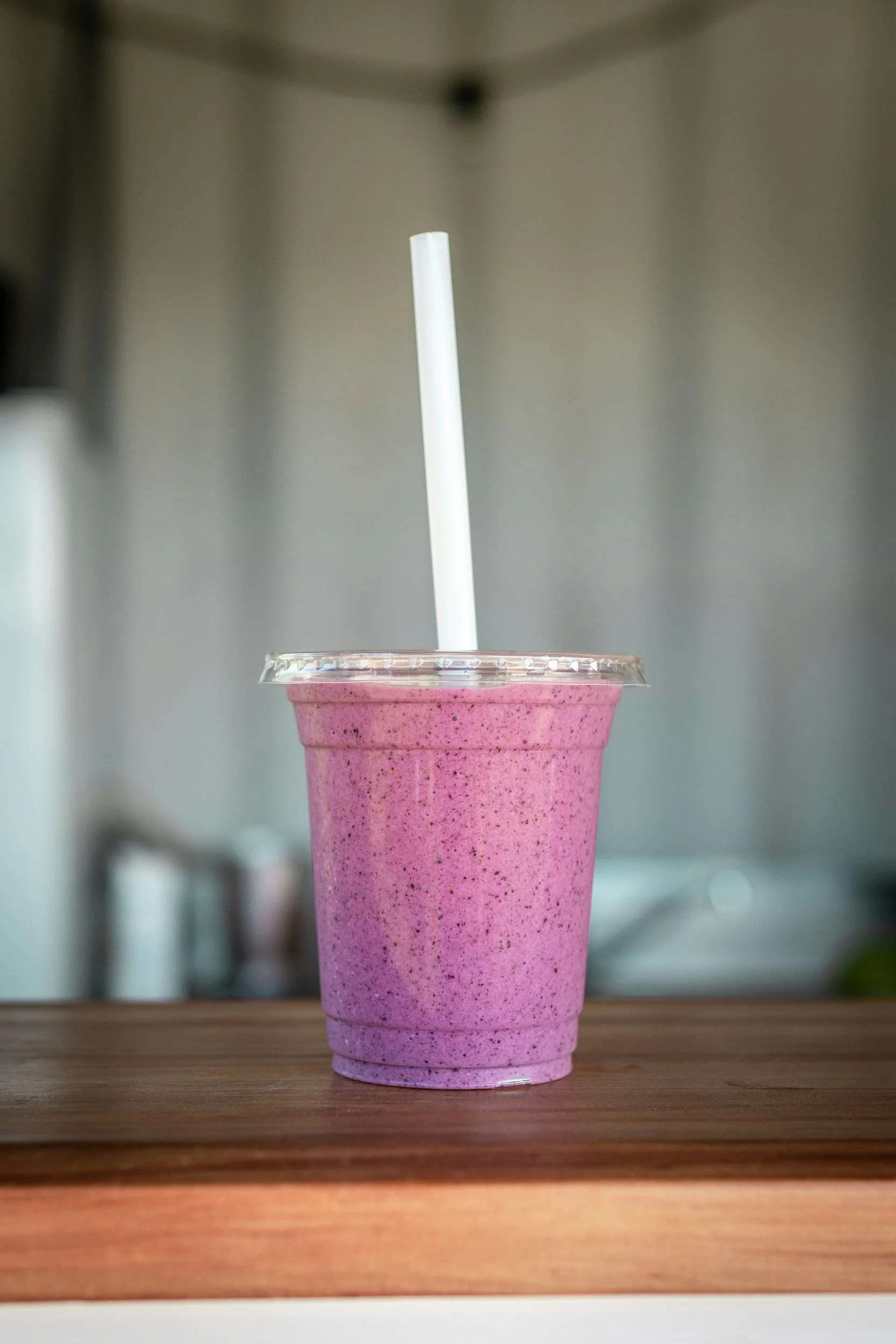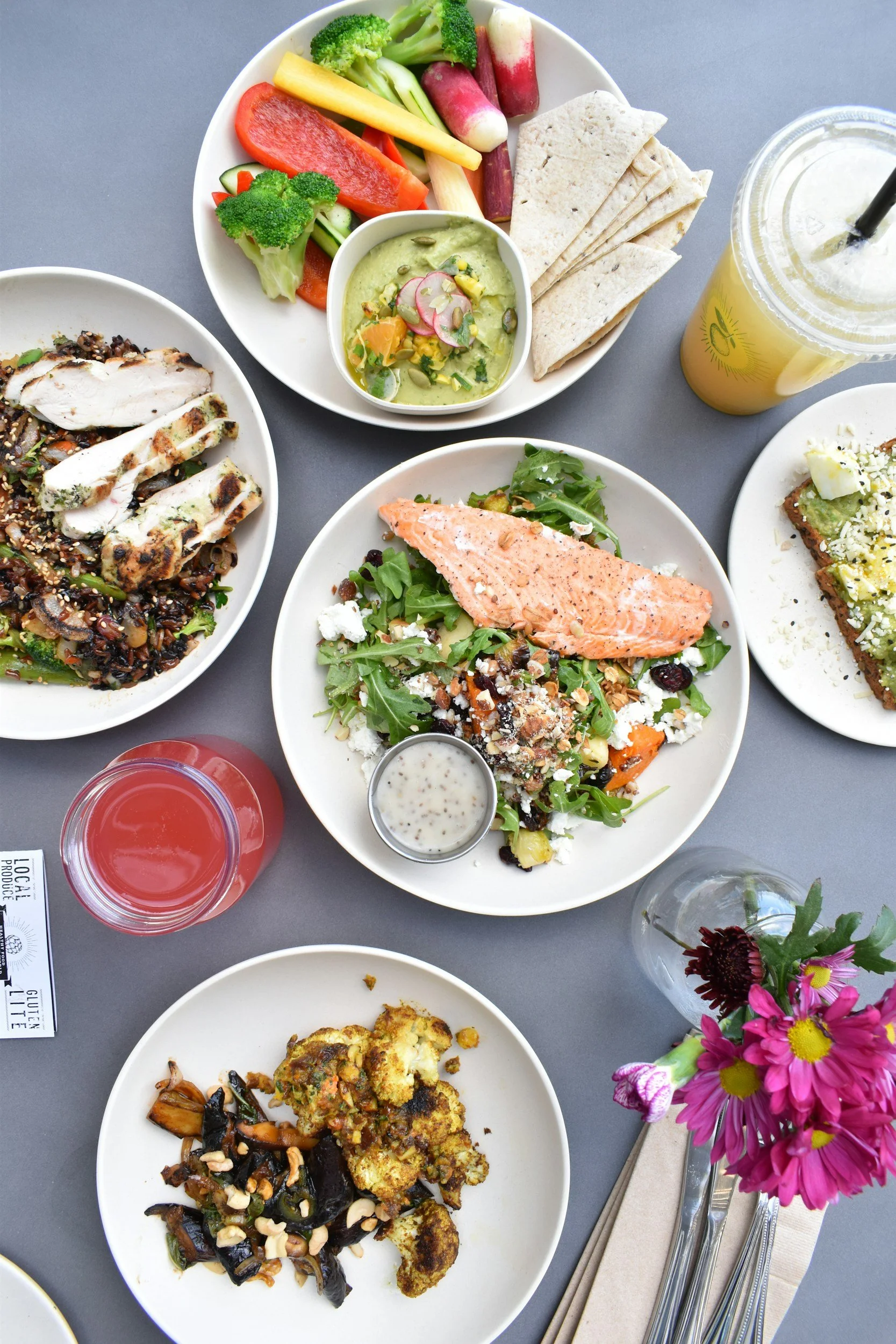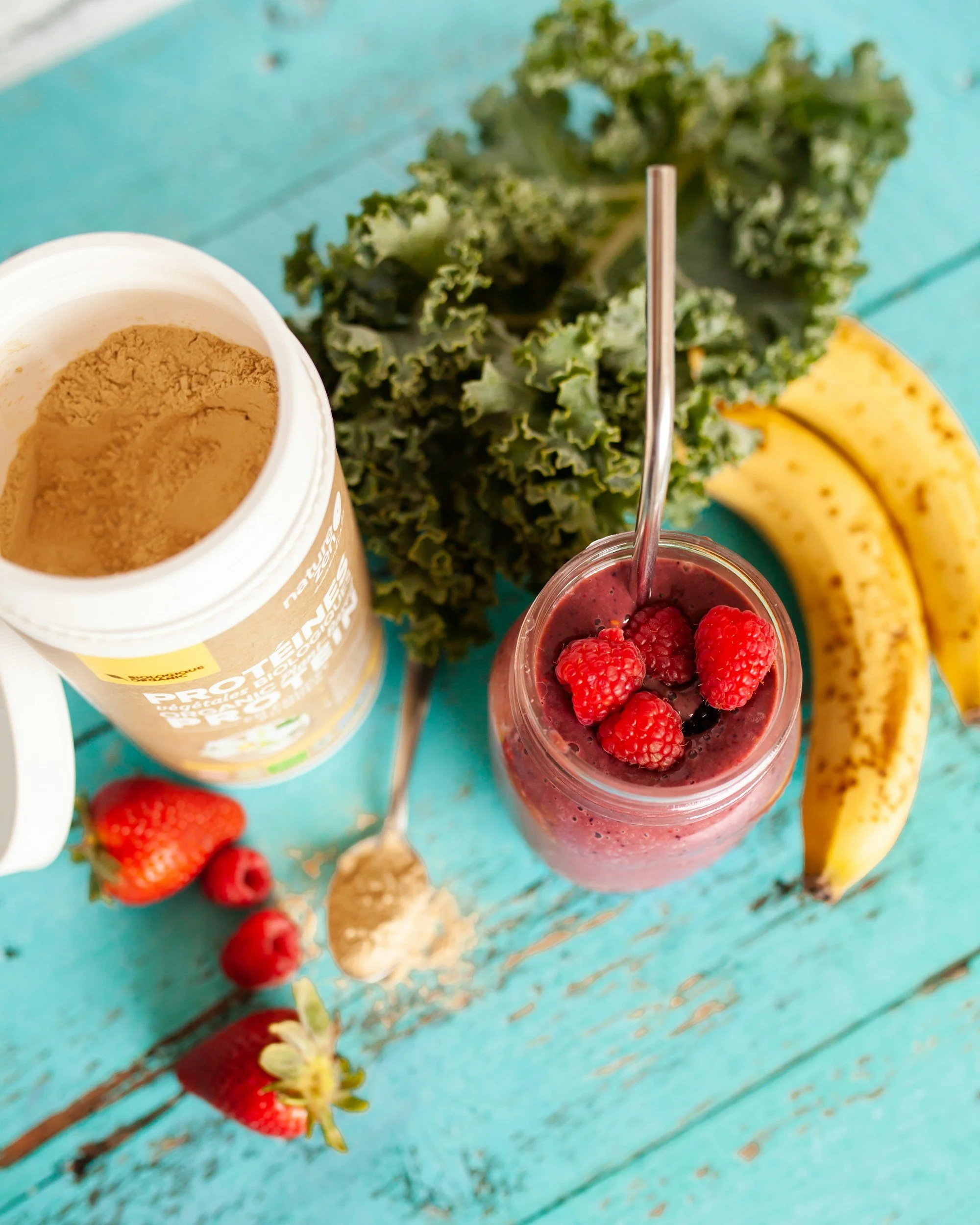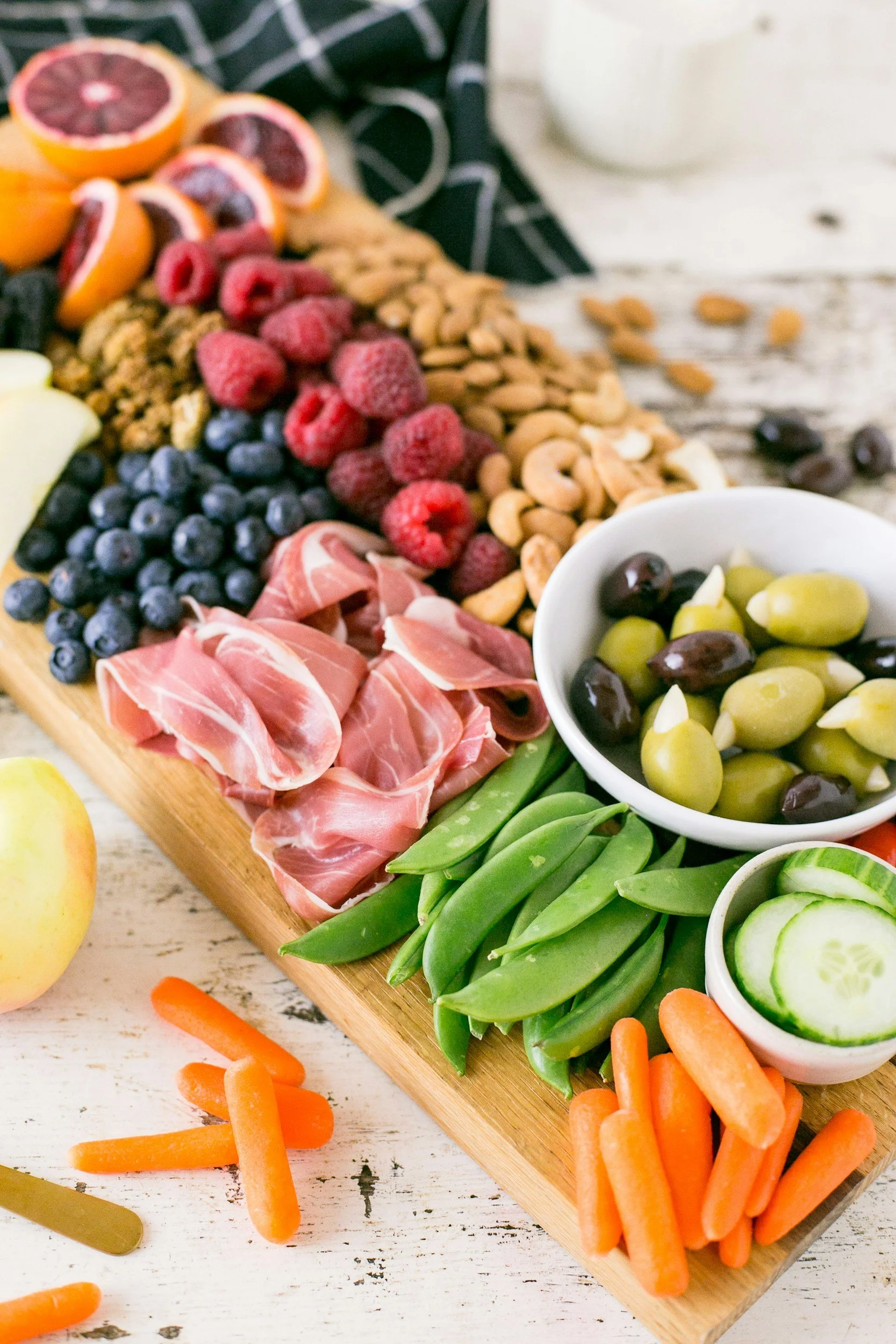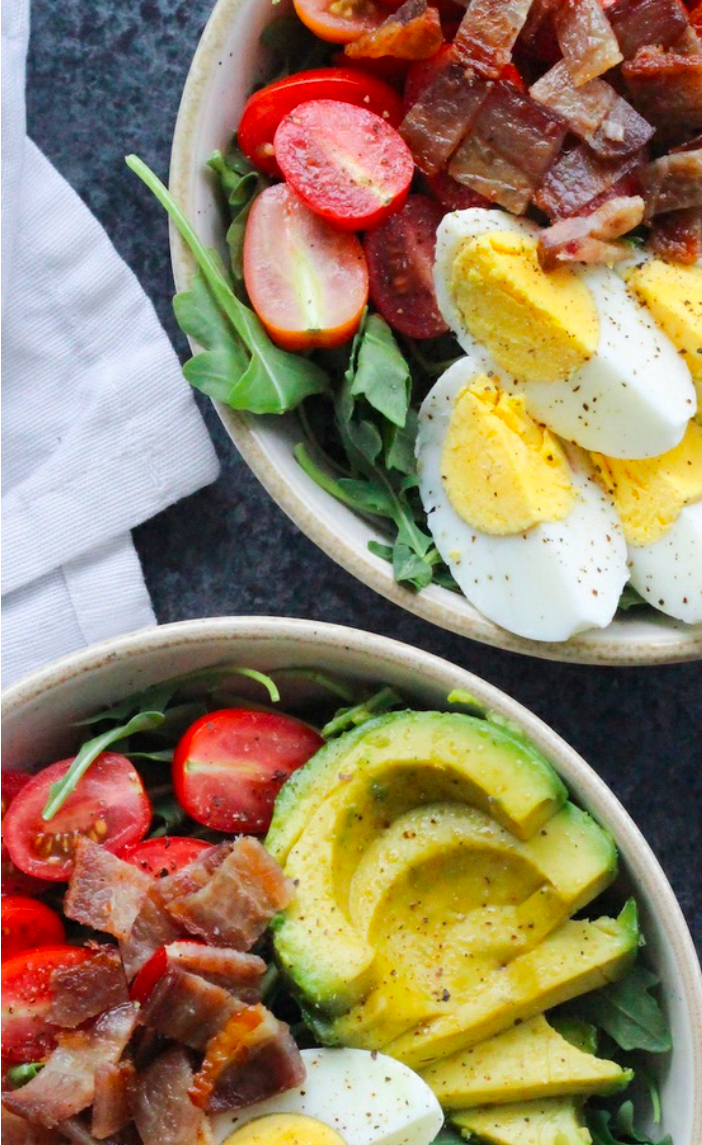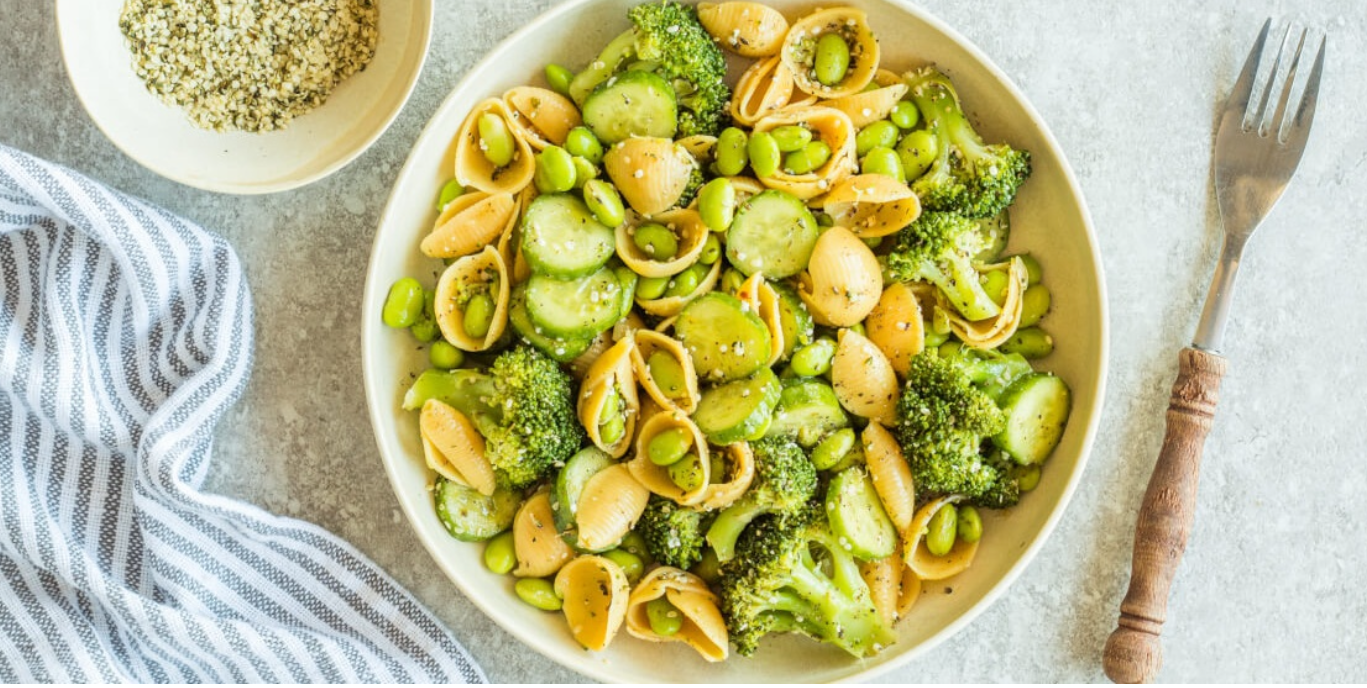The Truth About Bedtime Snacks: Sleep, Recovery, and Healthy Choices
/Let’s chat about bedtime snacks and late night cravings. You know that feeling when you venture into the kitchen and open the fridge looking for something salty or sweet before bed… we’ve all been there. For years, bedtime snacks have been villainized, but the reality is more nuanced. The right snack at the right time can actually support sleep quality, energy balance, and even weight management.
Here’s what I want you to know: the key isn’t just what you eat, but why and when.
Is Eating Before Bed Really Bad?
Many health professionals caution against eating before sleep, claiming it leads to weight gain or disrupts your sleep-wake cycle. But the truth is, eating before bed can be beneficial if done correctly.
Here’s what can go wrong with late-night eating:
Heavy, spicy, or fried meals can cause indigestion or acid reflux.
Sugary or refined foods may spike blood sugar, causing energy crashes and disrupted sleep.
Eating inconsistently or too late can throw off your circadian rhythm.
On the flip side, a light, nutrient-dense snack can actually help you:
Fall asleep faster and stay asleep
Keep blood sugar levels steady overnight
Support muscle repair and recovery, especially if you’ve worked out during the day
Why Bedtime Snacks Can Actually Help
Energy Balance
If you haven’t eaten enough throughout the day, your body may wake you up at night, signaling a need for nutrition. A well-chosen bedtime snack can prevent these interruptions and keep you sleeping peacefully.Sleep Quality for Women
Snacks that balance protein with healthy carbs are particularly helpful for women, helping regulate blood sugar and hormones that impact sleep.HGH Production and Cellular Repair
Growth hormone (HGH), essential for muscle repair and cellular recovery, is primarily released during deep sleep (stages 3 & 4). To maximize this, your body needs enough energy—meaning you don’t want to go to bed starving.Muscle Recovery
A small protein-rich snack before bed provides the amino acids needed for overnight repair, helping your muscles recover and grow stronger while you rest.
Nutrients That Promote Sleep
Some nutrients naturally support sleep:
Tryptophan: Helps your body produce serotonin, a sleep-regulating neurotransmitter
Vitamin B6: Converts tryptophan to serotonin
Melatonin: Regulates your sleep-wake cycle
Calcium: Aids the brain in using tryptophan effectively
Magnesium: Relaxes muscles and nerves
Choosing snacks that provide these nutrients can help you sleep deeper and wake up more refreshed.
Healthy Bedtime Snack Ideas
Here are some of my favorite nutrient-rich snacks, paired with simple combinations to make them even more sleep-supportive:
Tart Cherries – Natural melatonin source; great for improving sleep duration and quality.
Snack idea: Tart cherries + Greek yogurtKiwi – Antioxidant-rich fruit that helps you fall asleep faster.
Snack idea: Kiwi + cottage cheeseBananas – High in magnesium and potassium for muscle relaxation.
Snack idea: Pair with Greek yogurt or oatsNuts – Almonds, walnuts, and pistachios provide magnesium, healthy fats, and tryptophan.
Snack idea: Add to ½ cup of berriesOatmeal – A complex carb that helps make tryptophan more available for serotonin production.
Snack idea: Stir in ½ scoop of protein powderProtein-Rich Dairy – Greek yogurt or cottage cheese offers casein protein for overnight muscle repair.
Snack idea: Pair with 1 tbsp of peanut butter or ½ cup fruitChamomile Tea – Contains apigenin, which binds to brain receptors to promote calmness and sleepiness.
Snack idea: Enjoy with a slice of sourdough bread and a bit of almond butter
Foods to Avoid Before Bed
Too many calories
Sugary food items and sweets
Coffee, drinks with caffeine and chocolate
Alcoholic beverages - can often help you to fall asleep but won’t keep you asleep (best if consumption is stopped at least 2 hours before bed)
Timing Matters
Aim to have your snack 1–2 hours before bed. This allows digestion without lying down on a full stomach and prevents blood sugar spikes that could interfere with sleep.
If you’re genuinely hungry right before bed, a small, balanced snack is better than going to bed starving.
Say Hello To A Different Approach To Weight Loss
Where mindset and metabolism work together to create change that actually lasts.
Includes:
Metabolism + The Health First Approach to Weight Loss
Mindset Matters + 3-I Framework
Biofeedback & The 4P’s: Customize for Your Body & Your Lifestyle
Mindful Eating: Tools & Strategies
Meal Plans & Recipes (over 650 recipes): Mediterranean, High Protein + Vegetarian Recipes + Meal Plans as well as Gut Health, Brain Health, Sugar Free + More
Mindset & Visualization Tools: Meditation Library for Weight Loss & Wellness, Journal Prompts & Reflections
12 Weeks of Guided Action Steps for Mind + Metabolism - Real change requires practice. You’re set up for success with a guided plan!
Get The Weight Loss Mindset Today!












